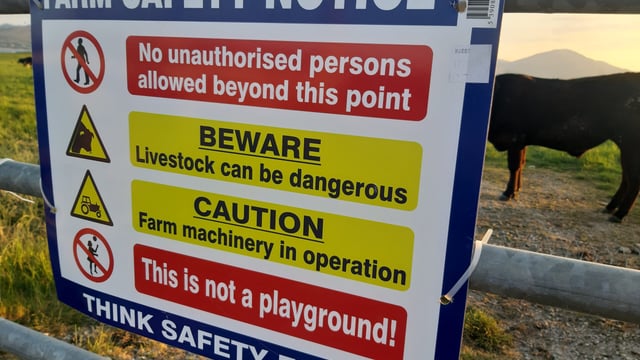'Post offices last thread linking govt to people in rural areas' - TD
Independent Ireland TD, Richard O'Donoghue has called for the state to embrace the post office sustainability plan as vital to economic and social life in rural Ireland.
Deputy O'Donoghue on Wednesday (April 16) expressed strong support for the proposals put forward by postmaster Tom O'Callaghan and the Save Your Community Post Office campaign.
The Limerick County TD called on the government to act decisively to prevent widespread closures in the post office network from April 2025.
O’Donoghue described the network of over 900 community post offices as “the last remaining physical thread linking government to people in many rural areas”.
He also believes that failure to introduce a long-term viability plan for post offices “will drive a dagger through the heart of local Ireland”.
O'Donoghue said: "We cannot continue paying lip service to rural Ireland while dismantling the very services that allow it to survive.
"Post offices are not just a utility, they are the economic and social backbone of hundreds of communities. From cashing pensions to providing trusted face-to-face interactions with State services, these offices are irreplaceable."
The Independent Ireland TD has advocated for "parity of esteem" between urban and rural Ireland and believes that safeguarding the postal network is a clear test of that commitment.
Deputy O'Donoghue has called for cooperation between the government, the opposition, and independents to work together to support rural post offices.
He said: “If the Government can’t see the value in saving 1,400 jobs and ensuring access to essential services in every county, then it’s failing its rural citizens.”
“Every time a government service is digitised without a local alternative, another elderly or isolated person is left behind. If the State truly believes in digital transformation, it must also invest in local access points like our post offices.
"This is not a party-political issue—it’s a national issue. We need urgent cross-party commitment to fund and futureproof our post office network before closures become irreversible. Once they’re gone, they’re not coming back," he added.





